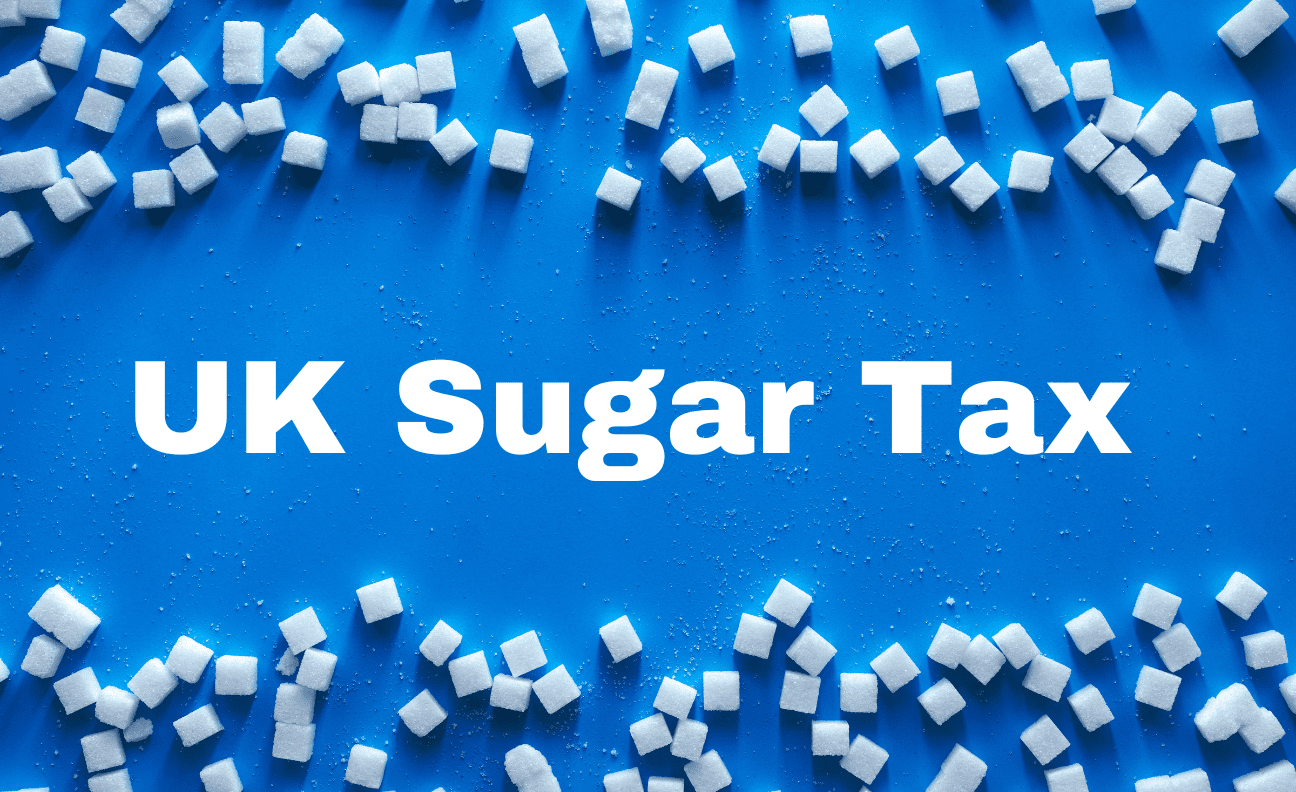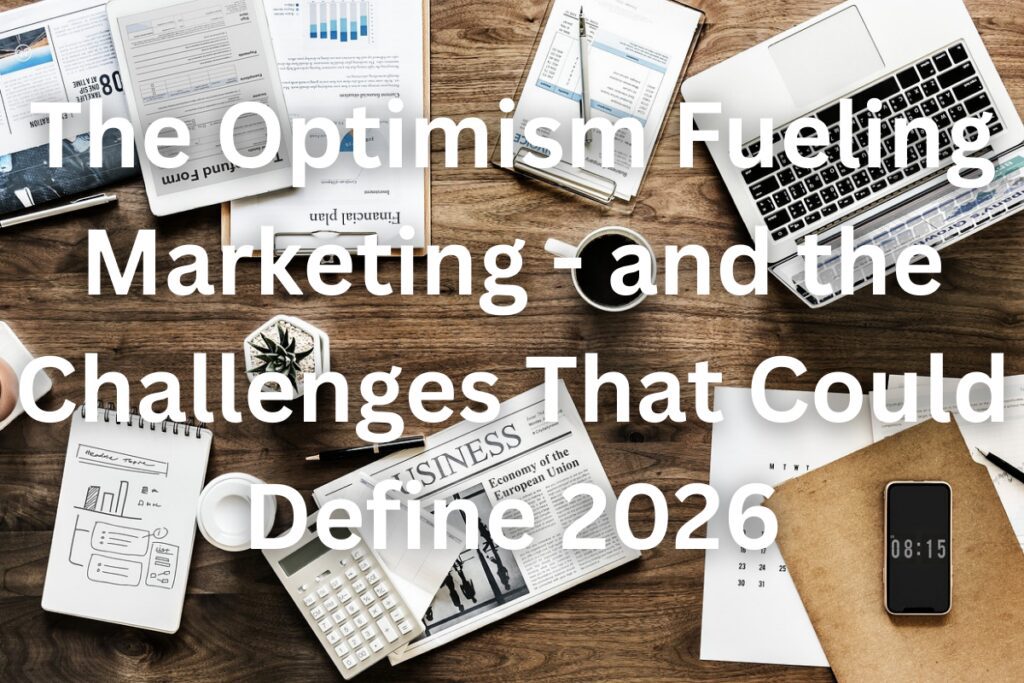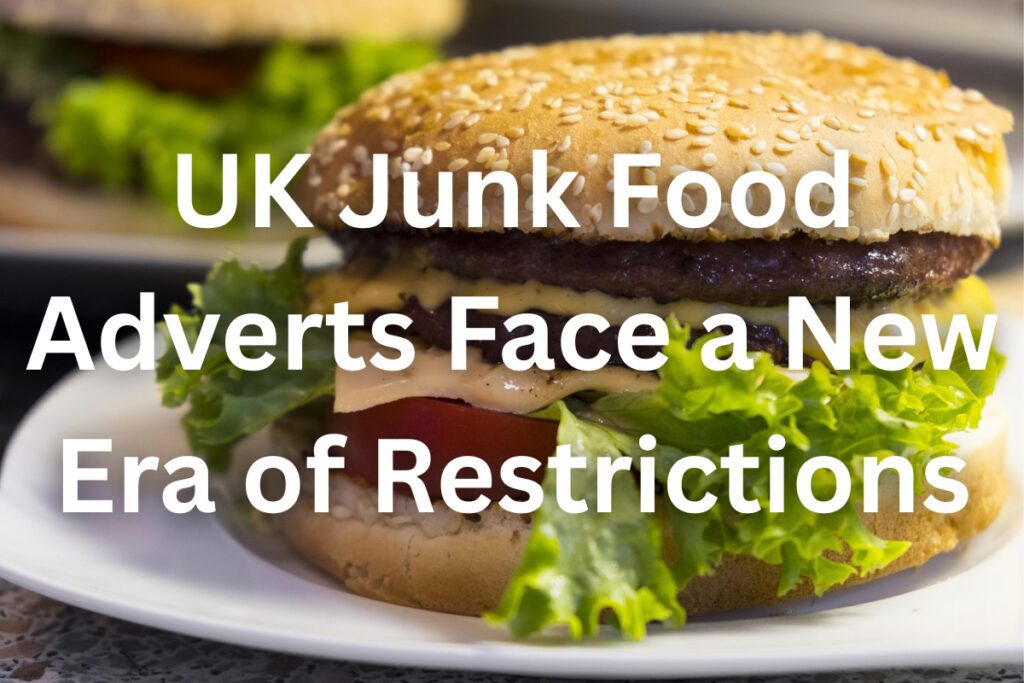In a recent appearance before the Times Health Commission, Wes Streeting, the shadow health secretary, expressed his intentions to utilise state power in an effort to improve the health and well-being of Brits.
Streeting’s proposals involve extending the ‘sugar tax‘ to target food manufacturers and cracking down on the tobacco industry’s promotion of vaping, which he believes is targeting children.
However, concerns are being raised regarding the effectiveness of the sugar tax and the potential infringement on personal freedom that these measures entail.
The Struggle with the Sugar Tax
Since its introduction in 2018 as a levy on sugary soft drinks, the sugar tax has failed to achieve its intended goals. Despite its implementation, levels of sugar consumption in the United Kingdom have remained relatively steady.
This raises doubts about the effectiveness of the tax, as it fails to produce the desired impact even on its own terms, with critics arguing that imposing additional taxes on certain products may not be the most effective way to address health concerns and that alternative strategies should be explored.
Questioning the Approach to Vaping
Streeting’s plan also includes cracking down on the tobacco industry’s promotion of vaping, particularly as it relates to its perceived targeting of children.
However, the relative harmlessness of vaping when compared to smoking is being disregarded. Therefore, this oversight highlights a tendency among politicians to ignore evidence that challenges the efficacy of nanny-state policies.
While it is important to protect children from harmful practices, it is equally important to consider the individual’s right to make choices about their own well-being.
Balancing Regulation and Personal Freedom
Proponents of regulating food and drink argue that the state has historically legislated against harmful business practices. They liken opposing sugar taxes to opposing bans on child labour, emphasizing the need for health and safety regulations.
However, the comparison fails to acknowledge the difference between employers endangering employees and individuals making decisions about their own consumption. The freedom to make personal choices should not be impeded, as it is fundamental to a free society.
If there's ever a reason to abolish the 'sugar tax', this is it. Why continue promoting the consumption of diet/sweetened products which could potentially pose greater risks? https://t.co/X8Us3g1iKR
— Macaulay Nichol (@macaulaynichol) July 1, 2023
The Labour Party’s Historical Stance
Unfortunately, the Labour Party has long been opposed to the principles of a free society, favouring a communitarian approach that restricts what it deems as “unacceptable” behaviour.
These health-engineering policies have disproportionately targeted the working class, reflecting a middle-class disdain for commercial society and its consumers.
Such policies risk undermining personal freedom and perpetuating a divide between social classes based on lifestyle preferences.
An Infringement on Personal Freedom, Why the Government Shouldn’t Get a Say
The notion of government intervention in matters of personal choice, such as food consumption and lifestyle preferences, raises valid concerns regarding the encroachment on individual liberty.
While the intention behind government regulation may be to promote public health and well-being, it is important to recognise the potential dangers of excessive state power. By dictating what citizens should eat or how they should lead their lives, the government risks undermining the fundamental principles of personal freedom and individual autonomy.
Such interventions not only limit personal choices but also hinder the natural process of self-determination, where individuals are trusted to make informed decisions regarding their own bodies and lifestyles.
Instead, a society that respects personal freedom recognises that individuals have the right to make their own choices and bear the responsibility for the consequences, allowing for a more diverse and dynamic social fabric.
The Importance of Personal Autonomy
Personal autonomy in eating habits and lifestyle choices is essential as it empowers individuals to take responsibility for their own well-being, fosters diversity and individuality, promotes personal growth and self-expression, encourages innovation and progress, and upholds the principles of personal freedom in a democratic society.
Therefore, allowing individuals to make informed decisions about their health and lifestyle leads to a more inclusive and vibrant society that respects the uniqueness of each individual and acknowledges their right to choose their own path to well-being.
The Impact Food Manufacturers Could Have
Food manufacturers have a crucial role in promoting healthier food options by taking proactive measures. They can reformulate products to reduce added sugars, sodium, and unhealthy fats, while increasing nutrient density through the inclusion of whole grains, fruits, vegetables, and lean proteins.
Also, clear and accurate labelling empowers consumers to make informed choices, and offering varied portion sizes facilitates portion control.
Additionally, investing in innovation, collaborating with health experts, and providing consumer education on healthy eating habits are key avenues for manufacturers to contribute to a healthier food landscape and support individuals in making informed dietary decisions.

Conclusion
Wes Streeting’s proposals to expand the sugar tax and regulate the vaping industry raise concerns about personal freedom and individual autonomy. While the desire to improve public health is admirable, it is crucial to strike a balance between regulation and personal choice.
Interfering with individuals’ ability to make their own decisions about their dietary preferences and lifestyle undermines the principles of a free society.
Instead of imposing restrictive measures, a more comprehensive and inclusive approach should be pursued, one that empowers individuals to make informed choices about their health, while respecting their personal freedom.









